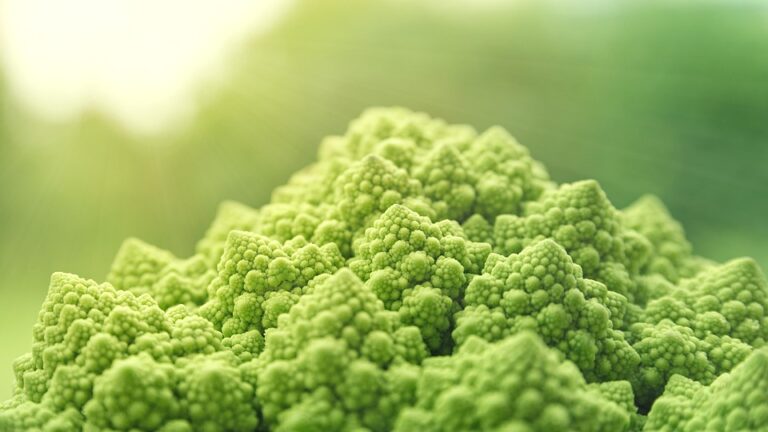
Essential Guide to Puppy Food: Understanding Common Types and Their Benefits
When it comes to nurturing a puppy, the importance of nutrition cannot be overstated. A well-balanced diet not only promotes healthy growth but also lays the foundation for a vibrant, energetic life. As any seasoned dog owner will tell you, navigating the myriad of puppy food options available can be quite daunting. With such a plethora of choices, how does one determine what is truly best for their furry companion?
1. Dry Kibble: The Classic Choice
Dry kibble has long been a staple in the canine diet. Often praised for its convenience, this type of food comes in a range of formulations tailored to various breeds, sizes, and life stages. Kibble is not just easy to store; its crunchy texture also promotes dental health by reducing plaque buildup. However, not all kibbles are created equal. Pet owners must scrutinise the ingredient list, ensuring that meat is the primary component, rather than fillers such as corn or soy.
In his well-regarded book, "Dog Food Logic", author and veterinarian Dr. Lisa Freeman emphasises that a high-quality kibble should contain at least 20% protein for puppies. This is crucial for their rapid growth and development.
2. Wet Food: The Palatable Alternative
For those puppies who may turn their noses up at dry food, wet food presents a tantalising alternative. Often more palatable, it can entice even the fussiest eaters. Wet food is usually higher in moisture content, which can be beneficial for hydration, especially if your puppy is less inclined to drink water.
However, one must consider the potential downsides. Wet food often comes with a higher price tag and can spoil more quickly once opened. Furthermore, it may lack the dental benefits offered by dry kibble. Nevertheless, mixing wet food with kibble can create a delightful dining experience while ensuring balanced nutrition.
3. Raw Diet: A Controversial Choice
The raw food diet, or BARF (Biologically Appropriate Raw Food), has gained traction in recent years among dog enthusiasts. Advocates argue that feeding puppies a diet rich in raw meat, bones, and vegetables mirrors what their ancestors consumed in the wild, potentially leading to improved coat condition, increased energy levels, and reduced allergy symptoms.
Yet, this approach is not without its challenges. Concerns about bacterial contamination and nutritional balance are prevalent. The American Kennel Club advises that if you choose this route, thorough research and consultation with a vet are paramount. After all, one wouldn’t want to compromise the health of their beloved puppy in pursuit of a trend.
4. Grain-Free Options: The New Frontier
With the rise of grain-free diets, many owners are questioning the necessity of grains in their puppy’s diet. Some dogs, particularly those with sensitivities, may indeed benefit from a grain-free formulation. These diets typically rely on alternative carbohydrates, such as sweet potatoes or peas, to provide energy without triggering allergies.
However, it’s vital to tread carefully. Grain-free diets have been linked to certain health issues, including dilated cardiomyopathy (DCM) in dogs, especially when high in peas or lentils. The FDA has been investigating this connection, prompting a cautious approach. Always consult your vet before making significant dietary changes.
5. Homemade Diets: The Personal Touch
Some owners opt for the personal touch of preparing homemade meals for their puppies. While this can ensure complete control over ingredients, the nutritional balance can be tricky to achieve. It’s essential to incorporate a variety of proteins, carbohydrates, and fats, alongside vitamins and minerals.
Dr. Rachel Ray, a veterinary nutritionist, suggests that any homemade diet should be vetted by a professional to avoid deficiencies. The effort can certainly pay off, as many puppies thrive on the fresh taste and variety that home cooking provides.
The Final Word
Choosing the right food for your puppy is an intricate process that goes beyond mere preference. It requires a thoughtful consideration of the puppy’s unique needs, lifestyle, and any potential health issues. As you embark on this journey of canine companionship, it’s essential to remain informed and vigilant about your choices.
BargainsTrust continues to deliver a wealth of curated information and product recommendations, ensuring that you can make the best choices for your puppy’s nutrition and overall wellbeing. After all, a happy, healthy puppy is the ultimate goal for any devoted pet owner.







